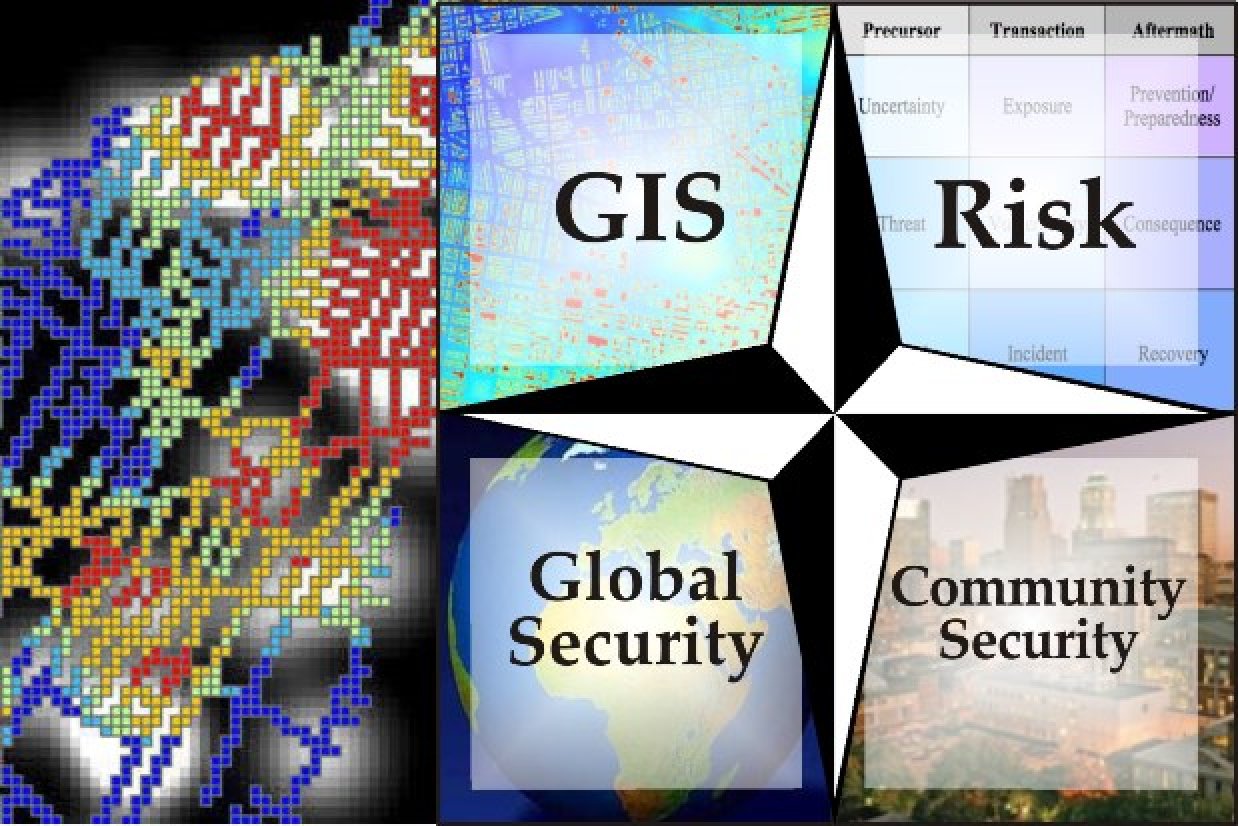As we have noted in previous posts, “The Cloud” is one of those terms that seem intimidating to the uninitiated. You hear about it all the time, yet many people aren’t quite sure what it is, exactly. This misunderstanding of technology is seen in all sorts of environments, from business to law enforcement.

This is especially unfortunate in the world of law enforcement because using cloud-based solutions can enhance productivity, foster better communication between agencies, and reduce operating costs. Simply put, law enforcement must adapt to this internet-based technology or be left in the 20th century.
Traditionally, police data has been kept in separate hubs referred to as “siloes”. Each type of task a law enforcement officer performs may require accessing data from a different silo. For example, a detective may need to access arrest records and phone records from two different places. With cloud-based solutions, police can access or submit data from any device that is linked to a single central hub. This cuts out a ton of unnecessary clerical work and leaves law enforcement with more time and resources to actually enforce the law.

Accessing crucial data from mobile devices allows officers to be more situationally aware as well, which increases officer safety. Additionally, rather than hosting their own servers and maintaining physical records of data, agencies can spend just a fraction of the cost for access to servers hosted off-site, in the cloud, without forfeiting any ease of access.
The cloud is also becoming less cost prohibitive. Cloud services are not only becoming less expensive, but the ability to pay for only the data that is used is an advantage for agencies that previously had to guess how much bandwidth or server space they would need. Additionally, ease of access to security updates keeps vital information secure from malicious hackers who would access the data for nefarious purposes.
The cloud is the obvious solution for data storage in the 21st century. From business to law enforcement, organizations that utilize the cloud can be sure there are clear skies ahead.
Douglas Wood is CEO of Crime Technology Solutions, LLC and Case Closed Software, a provider of on-premise and cloud-based investigation software for law enforcement and other investigative agencies.
Tag Archives: intelligence data
Study: Violations of privacy rights by fusion centers are the exception, not the rule
Great 28 CFR Part 23 article from Indiana University – Purdue University Indianapolis discussing Jeremy Carter’s “Law Enforcement Fusion Centers: Cultivating an Information Sharing Environment while Safeguarding Privacy.”
See the article at http://news.iupui.edu/releases/2016/07/fusion-centers-privacy-concerns-carter.shtml
Crime Tech Solutions Acquires Case Closed Software
June 1, 2016 (Austin, TX) Crime Tech Solutions, LLC, a leading provider of analytics and investigation software for law enforcement and commercial markets, today announced that it has acquired Cleveland, TN based Case Closed Software in a cash transaction. The terms of the deal were not released, but according to Crime Tech Solutions’ founder and president Douglas Wood, the acquisition brings together two dynamic and fast-growing software companies with an unparalleled complement of technologies.
“For Crime Tech Solutions, the opportunity to add Case Closed Software into the fold was too good to pass up” said Mr. Wood. “We think that the technology offered by Case Closed helps to further differentiate us in the market as the price performance leader for this type of investigative solution.”
Crime Tech Solutions, based in the city of Leander, TX, delivers advanced analytics and investigation software to commercial investigators and law enforcement agencies across the globe. Their solution suite includes criminal intelligence software, sophisticated crime analytics with geospatial mapping, and powerful link analysis and visualization software. The company says that the addition of Case Closed Software expands those offerings even further.
Case Closed Software develops and markets investigative case management software specifically designed for law enforcement agencies. The suite is built around four primary software products including best-in-class investigative case management software, property and evidence tracking, a gang database tool, and an integrated link analysis and data visualization tool. The company also plans to release the solution as Case Closed Cloud for cloud-based access.
“Case Closed couldn’t be happier than to be joining Crime Tech Solutions,” said Keith Weigand, the company’s founder. “The blending of our technologies creates a suite that will add tremendous value to our mutual customers, and will be hard for others to duplicate.”
According to both Mr. Weigand and Mr. Wood, the name Case Closed will continue on as the product brand, given its widespread popularity and loyal customer base. Crime Tech Solutions is expected to retain all Case Closed employees, with Mr. Weigand joining as the company’s chief technical officer.
Crime Tech Solutions says it expects continued growth via ongoing software sales and strategic acquisitions.
About Crime Tech Solutions
(NOTE: Crime Tech Solutions is an Austin, TX based provider of crime and fraud analytics software for commercial and law enforcement groups. Our offerings include sophisticated Case Closed™ investigative case management and major case management, GangBuster™ gang intelligence software, powerful link analysis software, evidence management, mobile applications for law enforcement, comprehensive crime analytics with mapping and predictive policing, and 28 CFR Part 23 compliant criminal intelligence database management systems.)
Professor urges increased use of technology in fighting crime
 Posted by Crime Tech Solutions
Posted by Crime Tech Solutions
This article originally appeared HERE in Jamaica Observer. It’s an interesting read…
A University of the West Indies (UWI) professor is calling for the increased use of technology by developing countries, including Jamaica, to assist in the fight against crime.
Professor Evan Duggan, who is Dean of the Faculty of Social Sciences, said there have been “amazing advancements” in information and communications technologies (ICT), over the past six decades, which offer great potential for improving security strategies.
The academic, who was addressing a recent National Security Policy Seminar at UWI’s Regional Headquarters, located on the Mona campus, pointed to Kenya as a developing country that has employed the use of inexpensive technology in its crime fighting initiatives.
“Potential applications and innovations have been implemented through the use of powerful but not very expensive technologies that have allowed law enforcers to make enormous leaps in criminal intelligence, crime analysis, emergency response and policing,” he said.
He pointed to the use of a variety of mobile apps for crime prevention and reporting, web facilities, and citizen portals for the reporting of criminal activity.
Professor Duggan said that in order for Jamaica to realise the full benefit of technology in crime fighting, national security stakeholders need to engage local application developers.
“I would enjoin our stakeholders to engage the extremely creative Jamaican application developers, who now produce high quality apps for a variety of mobile and other platforms. I recommend interventions to assist in helping these groups to cohere into a unified force that is more than capable of supplying the applications we need,” he urged.
The UWI Professor pointed to the Mona Geoinformatic Institute as one entity that has been assisting in fighting crime, through analyses of crime data as well as three dimensional (3D) reconstruction of crime scenes; and mapping jurisdictional boundaries for police posts and divisions, as well as the movement of major gangs across the country.
In the meantime, Professor Duggan called for “purposeful activism” in the fight against crime and lawlessness which, he said, are “serious deterrents to economic development and national growth prospects” and could derail the national vision of developed country status by 2030.
“In the current global landscape where security challenges are proliferating across borders and have taken on multifaceted physiognomies, all hands on deck are vital,” he stressed.
“We need to …consolidate pockets of research excellence in this area …to provide the kinds of insight that will lead to more fruitful and productive collaborative engagements that are required to help us better understand the security challenges and threats from crime in order to better inform our national security architecture and direction,” he added.
